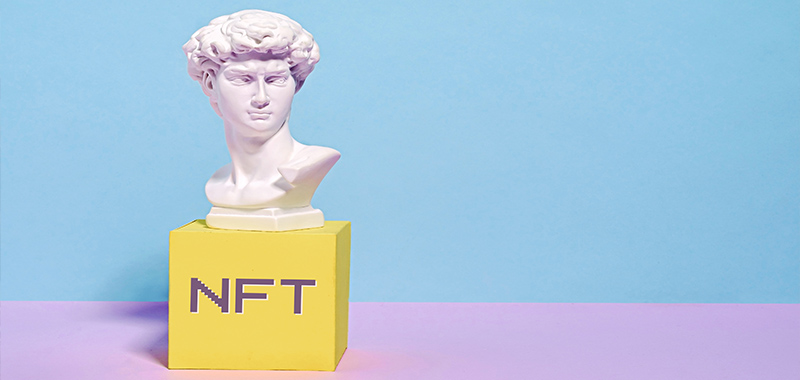
Legal implications of the transfer of an NFT
NFTs, or non-fungible tokens, are a digital certificate of authenticity that through blockchain technology, the same technology used in cryptocurrencies (tokens), is associated with a single digital file. From there, a new form of digital expression (and business) has been built.
A non-fungible good is one that is not consumed with its use, cannot be replaced and is not substitutable.
The acquisition of these ‘Non-fungible tokens’ raises many questions related to copyright and it is worth noting that it is necessary to differentiate between the rights of the original author and those of the buyer.
With the purchase of an NFT a “seal of authenticity” is obtained from the creator of the work, but the authorship does not change and no copyright is transferred.
That said, the author of the work remains the original creator. The authorship does not change, only when selling the NFT what is allowed is that the buyer can do business with it. When we talk about author we refer to the “creator of the original expression in a work”. This person is also the owner of the copyright, unless there is an agreement whereby the copyright is assigned to another person or entity.
Copyright is a set of rights granted to the author who has created an original work. These rights protect the author’s personal interests and give him/her the opportunity to obtain an economic benefit from the exploitation of the work.
Artistic works include: Books, music, photographs, designs, plays, drawings, software, video games, choreographies….
Copyright arises with the creation of an original work, without the need to register it. But it is highly recommended to voluntarily register these works in the General Registry of Intellectual Property to facilitate the defense of these rights before a judicial procedure, with the registration a reliable date of authorship and ownership is generated.
According to the World Intellectual Property Organization (WIPO), there are economic rights and moral rights. Among the economic rights, it is contemplated that the author may prohibit or authorize the reproduction of his work, interpretation, recording in various formats, broadcasting, translation and adaptation. In the case of moral rights, the right to claim ownership of the work and the right to oppose any modification that may harm the creator’s reputation are recognized.
Do NFTs involve assignment or transfer of copyright?
No. NFTs do not imply assignment or transfer of copyright in digital works. This could only happen if it is stated in the Terms of Use of the “Virtual Art Gallery”.
Thus, in order to know what is being purchased when an NFT is acquired, it is necessary to resort to external sources, i.e., a contract where the creator of the NFT indicates which rights over the work are being transferred or the terms and conditions of the platforms where they are negotiated.
Some of these contractual elements may be embedded in the code, such as a resale participation right whereby the token creator receives a percentage of the transmissions after the first sale.
Steps to follow to transfer an NFT
When you buy an NFT, the asset will generally be sent directly to your wallet through the marketplace.
- Provide the wallet address.
- Proceed to send the NFT.
- Confirm the transaction.
- Add the token to the wallet.
In Letslaw by RSM we are specialists in this technology if you have any questions we will be happy to help you. Do not hesitate to contact us.

Letslaw es una firma de abogados internacionales especializada en el derecho de los negocios.







